How January 1966 Coup Changed Nigeria
Fifty years ago on January 15, 1966, the first military coup d’ etat was carried out in Nigeria by junior soldiers, toppling the government of Nnamdi Azikiwe and Tafawa Balewa thereby rewriting the political, social and military history of the country – forever.
[article_adwert]
On the morning of the coup, Kaduna Nzeogwu, the leader of the coup plotters led soldiers in Kaduna to take over the house of Ahmadu Bello, the leader of the northern region. He was summarily killed after the house was ransacked.
Brig Samuel Ademulegun, the commander of 2nd brigade and his wife were reportedly shot by Nzeogwu's co-conspirator, Maj Timothy Onwuatuegwu.
In Lagos, Sir Tafawa Balewa who was the prime minister was taken out of his mansion at gun point. His body was reportedly discovered six days later. The attack was led by Emmanuel Ifeajuna.
The attack in Ibadan was led by Capt. Emmanuel Nwobos and although there was a scuffle, Samuel Akintola was eventually killed.
Major General Aguiyi Ironsi took over government as the first military head of state but the nature of the coup made it look like powerful northerners were killed while their Igbo counterparts were spared. Also, most of the key coup plotters were Igbos and although an Igbo, Arthur Unegbe was killed, it was soon tagged an Igbo coup It was to change the history of the country forever.
Coup and Counter coup
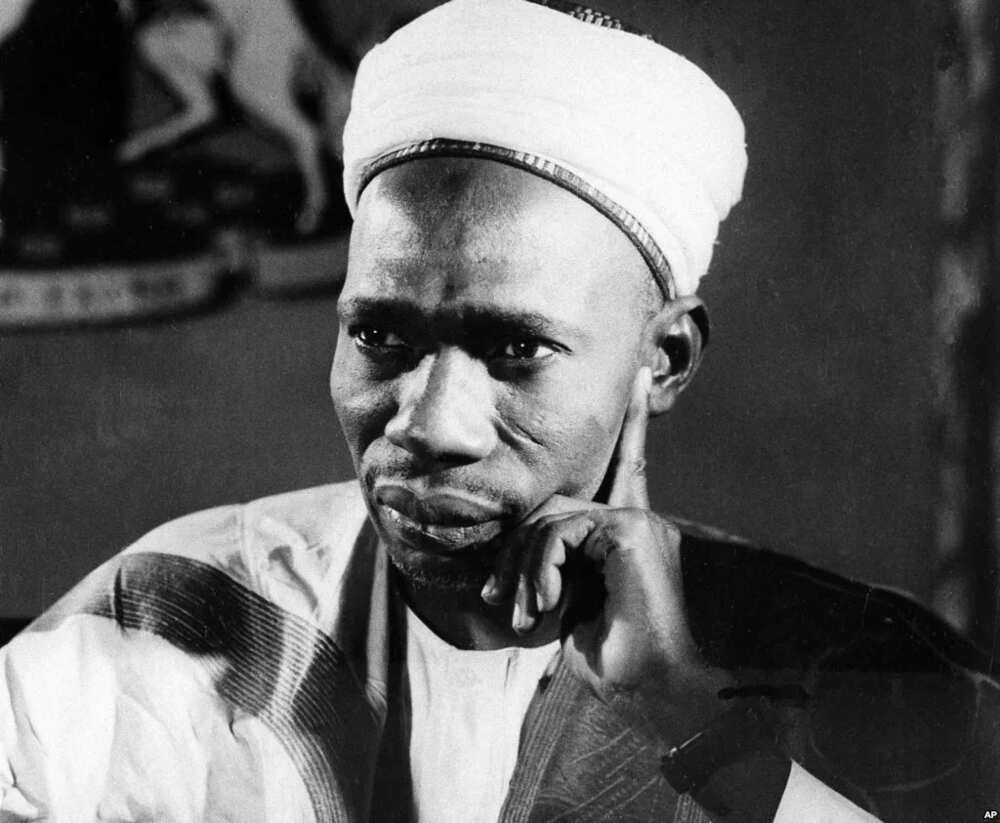
The coup, though not completely successful laid the foundation for coups and counter coups in Nigeria. Just six months after the first coup, a counter coup was carried out leading to the death of Ironsi. The coup, popularly referred to as the return match, was planned and carried out by northern officers. It was evident that the attack was retaliation for the first coup. Although the officers that carried out the January coup were still in detention, the fact that they had not been tried for treason and were still on the payroll of the government sent a signal to the northerners that the Igbos wanted to dominate.
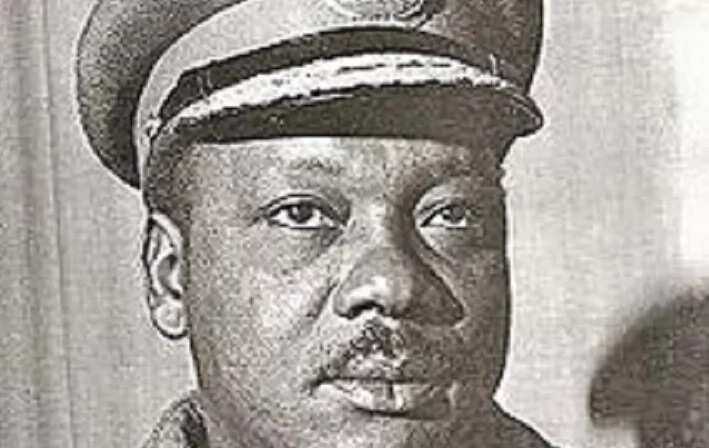
The counter coup would not be the last as officers grew more experienced in coup planning. Bloodier coups followed as senior military men masterminded and carried out more potent coups. Abortive and unsuccessful coup planners were unceremoniously hanged but the tradition of toppling government through a coup continued until 2007 when the former president Olusegun Obasanjo successfully handed over power to Umaru Musa Yar’Adua. Still it was reported that Obasanjo took stringent measures to prevent the toppling of his government by retiring senior military personnel.
Biafra
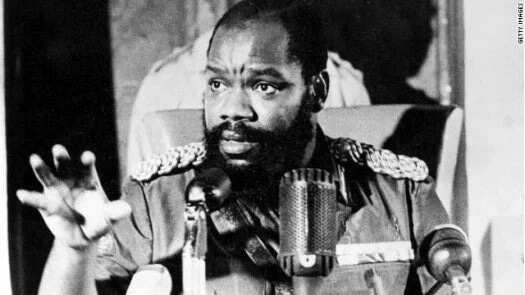
Although the Biafra civil war began in July, 1967, the genesis could be traced to the first coup of January 1966. The supposed Igbo coup strained relationship between the Hausas in the north and Igbos in the east. Following the counter coup in July, 1966, Igbos reportedly became victims of violent attacks in the north while little was done by the then head of state, Yakubu Gowon. Tension grew and an attempt to salvage the situation failed after the Aburi Accord in Ghana in January, 1967. A few months later, Colonel Odumegwu Ojukwu, the military governor of the eastern region declared the region an independent Biafra state.
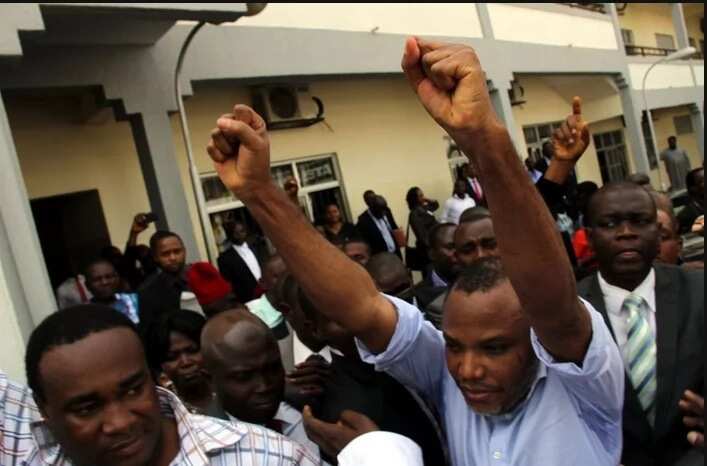
What followed was a bloody war that lasted for three years. Although Nigeria returned to being a single country, the event led to the formation of different separatist groups calling for the declaration of an independent state of Biafra. The detention of Nnamdi Kanu, the director of Radio Biafra on charges of treason is due to his agitation for an independent Biafra state; an agitation that is remotely connected to the first coup in 1966.
State Creation
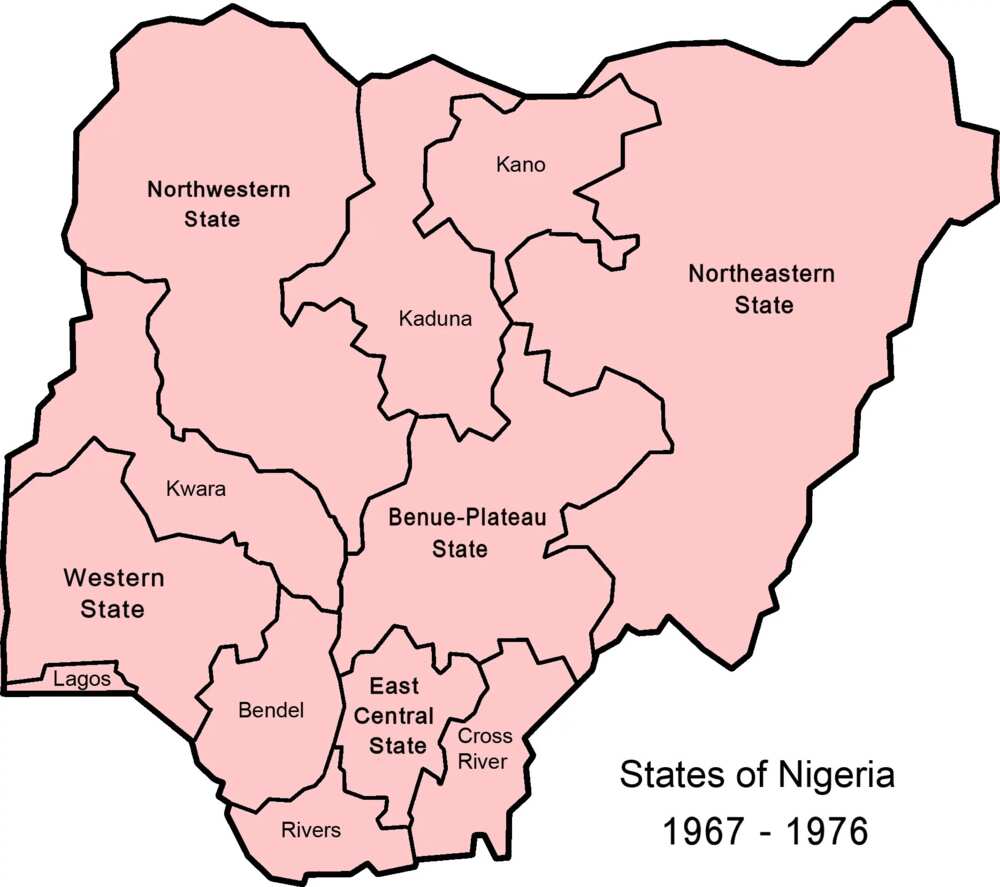
Prior to 1966, Nigeria was divided into four regions: Northern region, Western region, Mid-Western region and Eastern region. While the formation of states was something that would eventually happen, the speedy creation of 12 states three days before the start of the civil war was a way to weaken the strength of the Eastern region. The eastern region was broken up into Central Eastern, South Eastern, and Rivers state. It changed the country's setup from regionalism to statehood.
The creation of states created a crack in what used to be perceived as a unified eastern region. This was a tactic used by the federal government to establish scattered region that could be handled individually. This was a reaction to the brewing civil war which is also connected to the coup of 1966. Although the number would eventually rise to 36, the creation of 12 states was very significant at that time.
Military Involvement In Politics
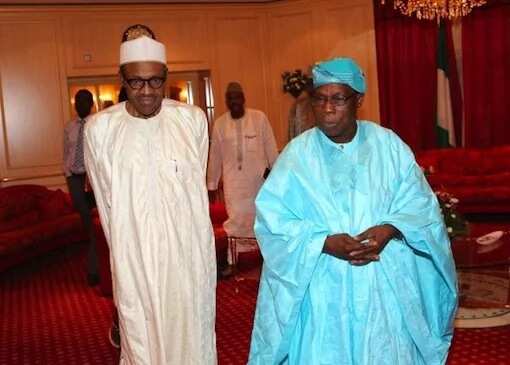
The military’s involvement and participation in Nigeria’s politics and governance can be traced to the first coup of 1966 when the civilian government was toppled and replaced with a military rule. Since then military rule continued till 1979 when a civilian government took over. Four years later, another military coup ousted the civilian government until 1999 when an election was carried out and Obasanjo, a former military officer was sworn in as president.
Since the military tasted power in 1966, the desire for government increased. Officers who served as military governors or held leadership positions have shed their uniforms to occupy or contest in elective positions in the country. Among them are the aforementioned Obasanjo and the current president, Muhammadu Buhari. Ojukwu and Ibrahim Babangida showed interest in also becoming the president. Other former military men who occupied or contested in elective positions are David Mark, Jonah Jang, Tunde Olurin, Olagunsoye Oyinlola, Murtala Nyako and Tunde Ogbeha.
Northern Dominance In Nigerian Military
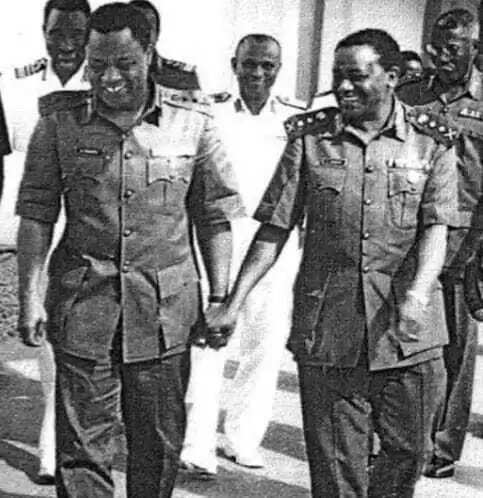
The military coup of 1966 ushered in an Igbo head of state, Aguiyi Ironsi. It was evident therefore that Ironsi got the position because he was the chief of army staff, the most senior commissioned officer. Whether by design or nature, the position was not occupied by an Igbo officer for more than 40 years. This automatically reduced the chances of an Igbo officer occupying the position of Head of State as three heads of states were former chief of army staff.
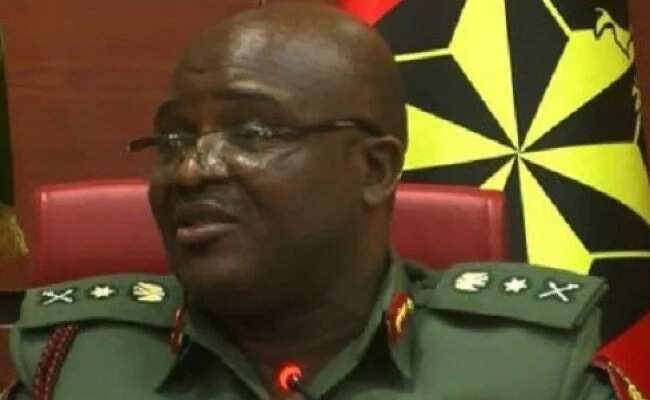
The position rather was mostly occupied by northern military officers which gave the region the chance to produce most of the military heads of state in the country. It took 44 years after Ironsi for an Igbo to return to the position of chief of army staff with the appointment of Azubuike Ihejirika by the then president Goodluck Jonathan.
Source: Legit.ng
